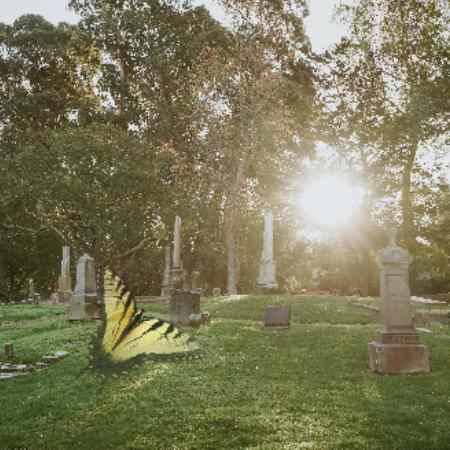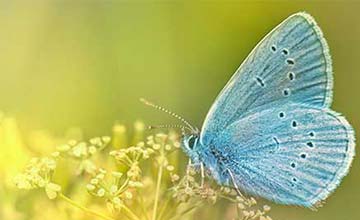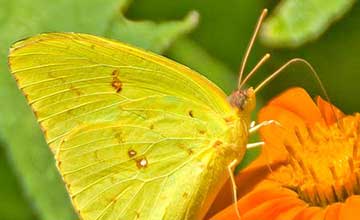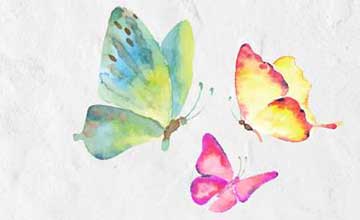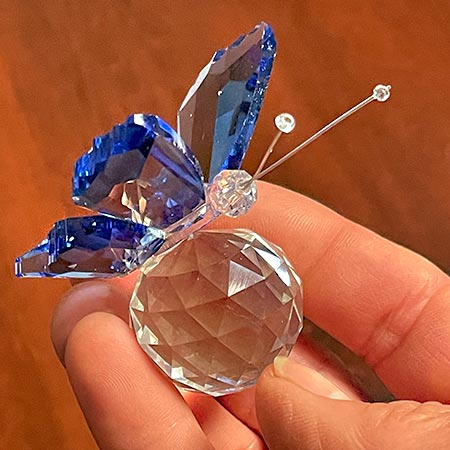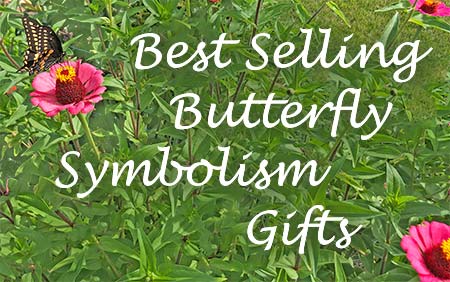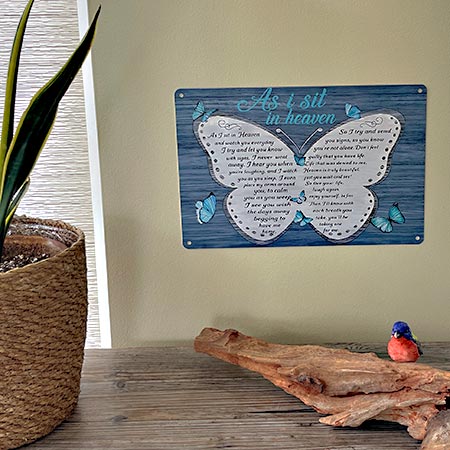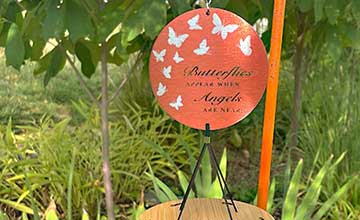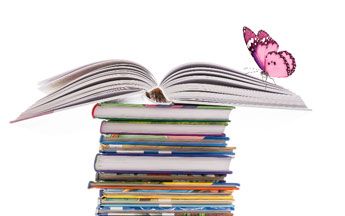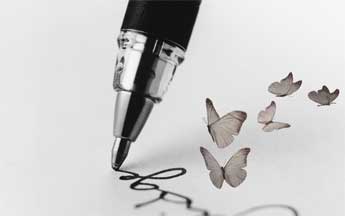In a world where life moves faster than ever, emotional balance has become one of our most valuable assets. The ability to remain calm, composed, and confident through uncertainty isn’t something we’re born with, it’s something we cultivate. One of the most unexpected yet powerful ways to build that resilience is by learning practical life skills, like earning a Standard First Aid and CPR Certificate. Beyond the immediate value of saving lives, these skills nurture a deeper sense of trust, mindfulness, and self-assurance that strengthens us from within.
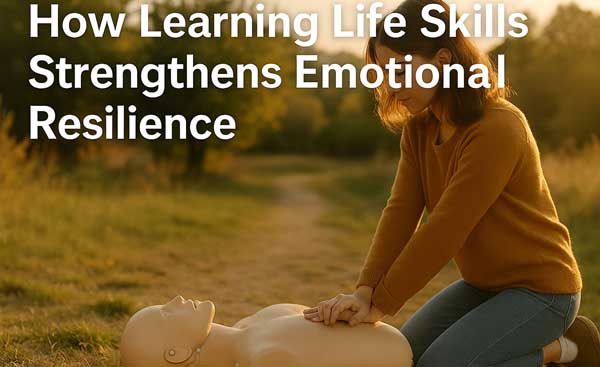
Understanding Emotional Resilience
Emotional resilience isn’t about being unshakable, it’s about flexibility. It’s the quiet strength that allows you to recover after disappointment, to find your footing after unexpected change, and to keep moving forward with purpose.
Much like tending a plant that’s been through a storm, resilience is nurtured through care and small, consistent acts that build confidence over time. Life skills, especially hands-on ones, play a vital role in this process because they connect learning with experience.
Why Practical Skills Matter More Than Ever
Our lives are increasingly digital, but the foundation of confidence often lies in tangible skills that engage both body and mind. Cooking a meal, fixing a small household issue, learning how to drive, or knowing what to do in a medical emergency each of these moments reminds us that we are capable, adaptable, and resourceful.
Practical training like first aid or CPR doesn’t just prepare you for emergencies it prepares you for life. The ability to take action, stay calm under pressure, and respond to real-world challenges teaches us presence, patience, and perspective, all key pillars of emotional resilience.
The Mind-Body Connection of Skill Learning
Every time you learn something hands-on, your brain and body work together to build new pathways both neurological and emotional. This process naturally boosts confidence and lowers stress.
When you learn how to respond in emergencies, for example, you’re teaching your body calmness and your mind clarity. The repetition of practice whether bandaging a wound or checking for breathing trains not only skill but composure. And that calmness doesn’t stay confined to emergencies; it seeps into your daily life, shaping how you respond to challenges at work, relationships, and personal growth.
Preparedness as a Path to Inner Peace
Preparedness is often misunderstood as fear-driven but in truth, it’s empowering. When you know how to act in uncertain situations, you replace fear with confidence. This emotional shift builds resilience naturally.
Earning a Standard First Aid and CPR Certificate is one of those milestones that combine knowledge, action, and peace of mind. It symbolizes self-reliance, a quiet confidence that says, I can handle this. That reassurance isn’t limited to emergencies; it becomes part of your everyday mindset.
Building Resilience Through Action
Emotional strength doesn’t come from avoiding difficulties it comes from facing them with readiness. Each time you learn, practice, and grow, you’re building emotional muscles.
- Learning First Aid teaches calm decision-making under pressure.
- Cooking builds patience and creative problem-solving.
- Gardening or home repair teaches persistence and acceptance of imperfection.
- Budgeting and planning develop foresight and adaptability.
Every skill adds a layer of trust between you and the world around you reinforcing the truth that you are capable of learning, adapting, and thriving.
The Ripple Effect: Confidence and Compassion
True resilience isn’t only personal, it’s communal. When you are prepared, others feel safer around you. When you stay calm, others find reassurance.
The confidence gained from practical learning often leads to greater empathy. You begin to see challenges not as obstacles but as opportunities to care for yourself and for others. This emotional awareness deepens your relationships, strengthens communities, and helps create environments rooted in kindness and stability.
Final Thoughts: Grow Through What You Learn
Life is unpredictable but our ability to adapt, respond, and grow makes all the difference. Learning life skills reminds us that strength doesn’t have to be loud or forceful; it can be soft, steady, and compassionate.
By choosing to learn, to prepare, and to engage with life directly, you’re not only gaining practical knowledge, you’re nurturing resilience from the inside out. Whether it’s mastering a craft, fixing something broken, or earning your Standard First Aid and CPR Certificate, every skill you learn adds to your foundation of calm confidence.
In the end, resilience isn’t built in moments of crisis, it’s grown in the quiet choices we make every day to care, to learn, and to be ready.
